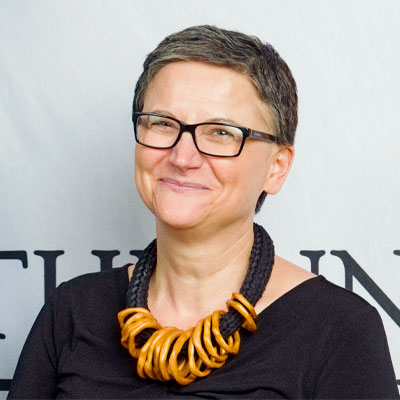How did you get interested in high performance computing and computer science?

I had been involved in computer engineering before gaining my doctorate at the Swiss Federal Institute of Technology in Zurich, but it was there that I found myself growing up surrounded in a community of computer experts and was really excited by that. I took an interest in computational chemistry, which led to a position with the Scripps Institute in California after I earned my PhD. There, I really expanded the scope of my work and was able to figure out what I could give back through computing.
What led you to the University of Tennessee?
There is great opportunity here. The department is very vibrant, very forward-thinking. When the opportunity to come here first arose, Jack Dongarra talked to me about it and had me on a visit. It wasn’t until I was farther along in the application and interview process that Leon Tolbert, the department head at the time, told me it was for an endowed position in Jack’s name. It was such as surprise, such an honor. There was no way I could say no to that.
What has been the best thing about being here?
How I feel energized to come to work every day. Each day is a new challenge, a new opportunity, and I love that. I love Knoxville, too. I live downtown and walk to work a lot because I enjoy taking in the campus and how unique, almost European-like the downtown area is. I once got a call from the people in charge of the parking garage checking to see if I was OK, because I hadn’t moved my car in so long. Living here is a fantastic experience.
What has been the biggest change in your field since your time as a student?
Computing is everywhere, in every aspect of life now. Everything is smaller, faster, much more accessible. Twenty years ago, they only people with interest in computing were scientists focused in on specific research areas, but now computing is part of every process of life. The growth in computing, and particularly in the ways people access it, has been tremendous.
What advice would you give budding computer scientists?
Open your mind to opportunities. There can be a language barrier between disciplines, between how two types of researchers talk about ideas and problems and solutions, but that doesn’t mean both sides don’t have valid ideas. Be curious. Explore possibilities. Push boundaries. Make an impact, create discussions, get results, and build excitement through your work.